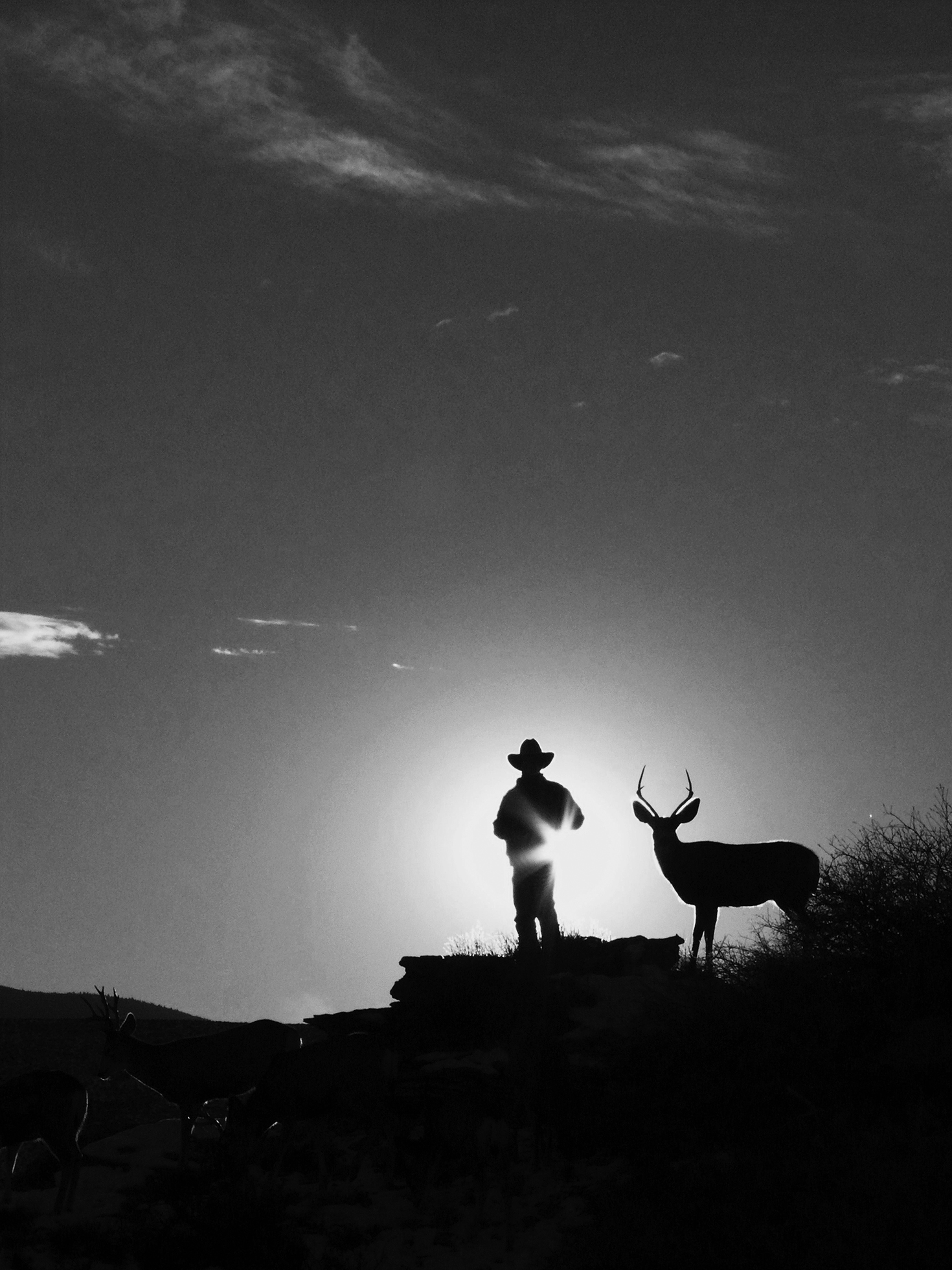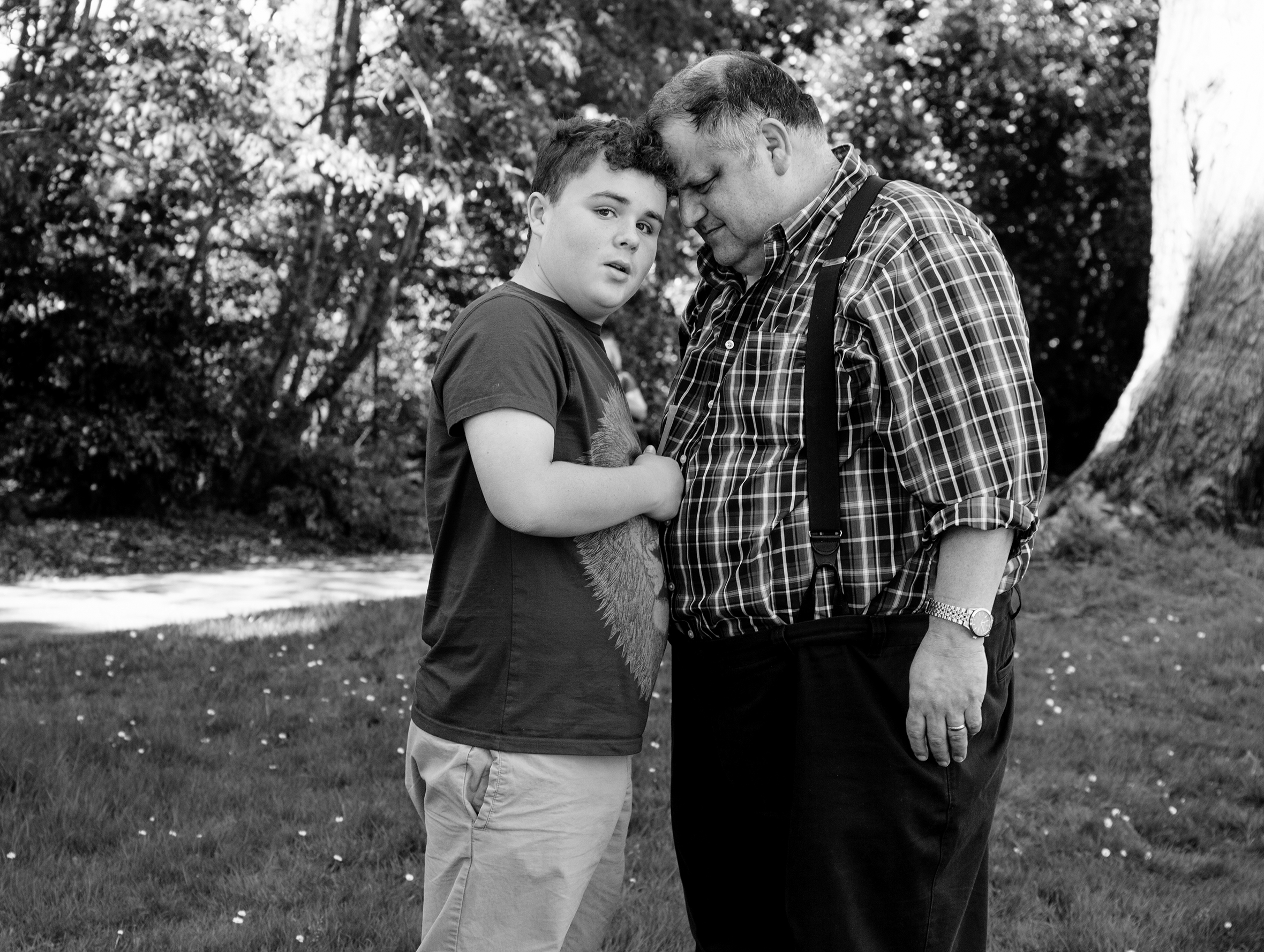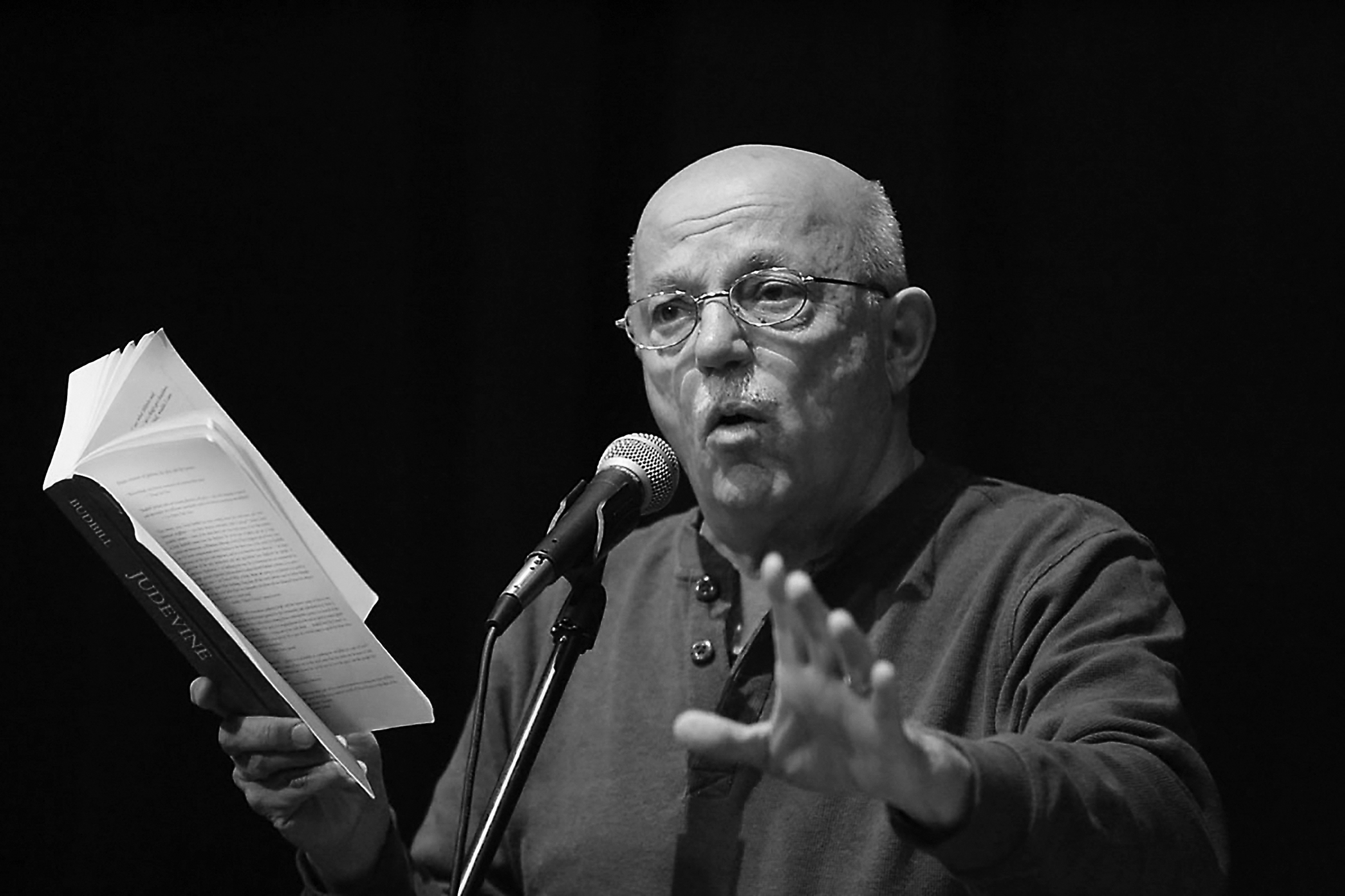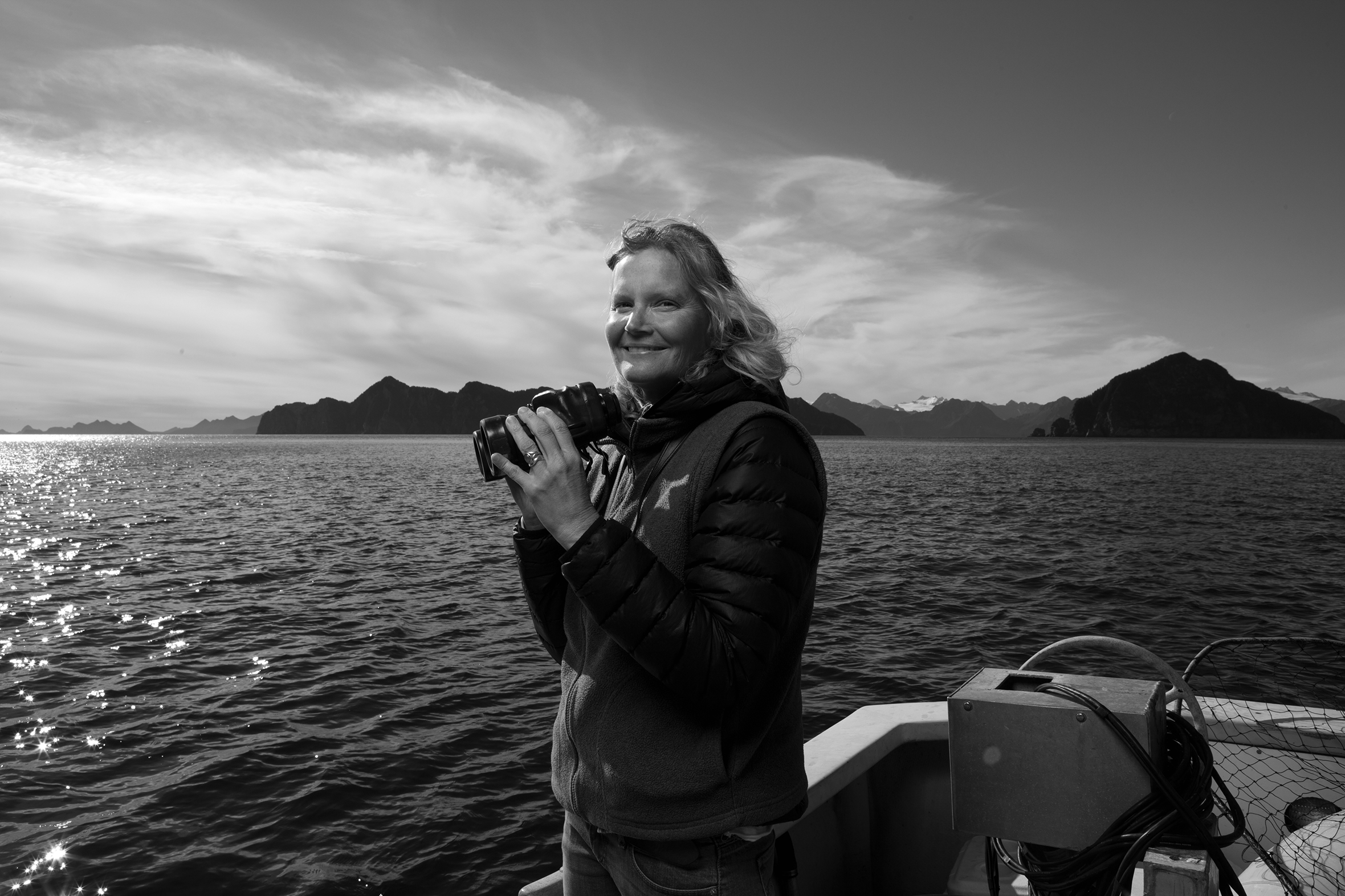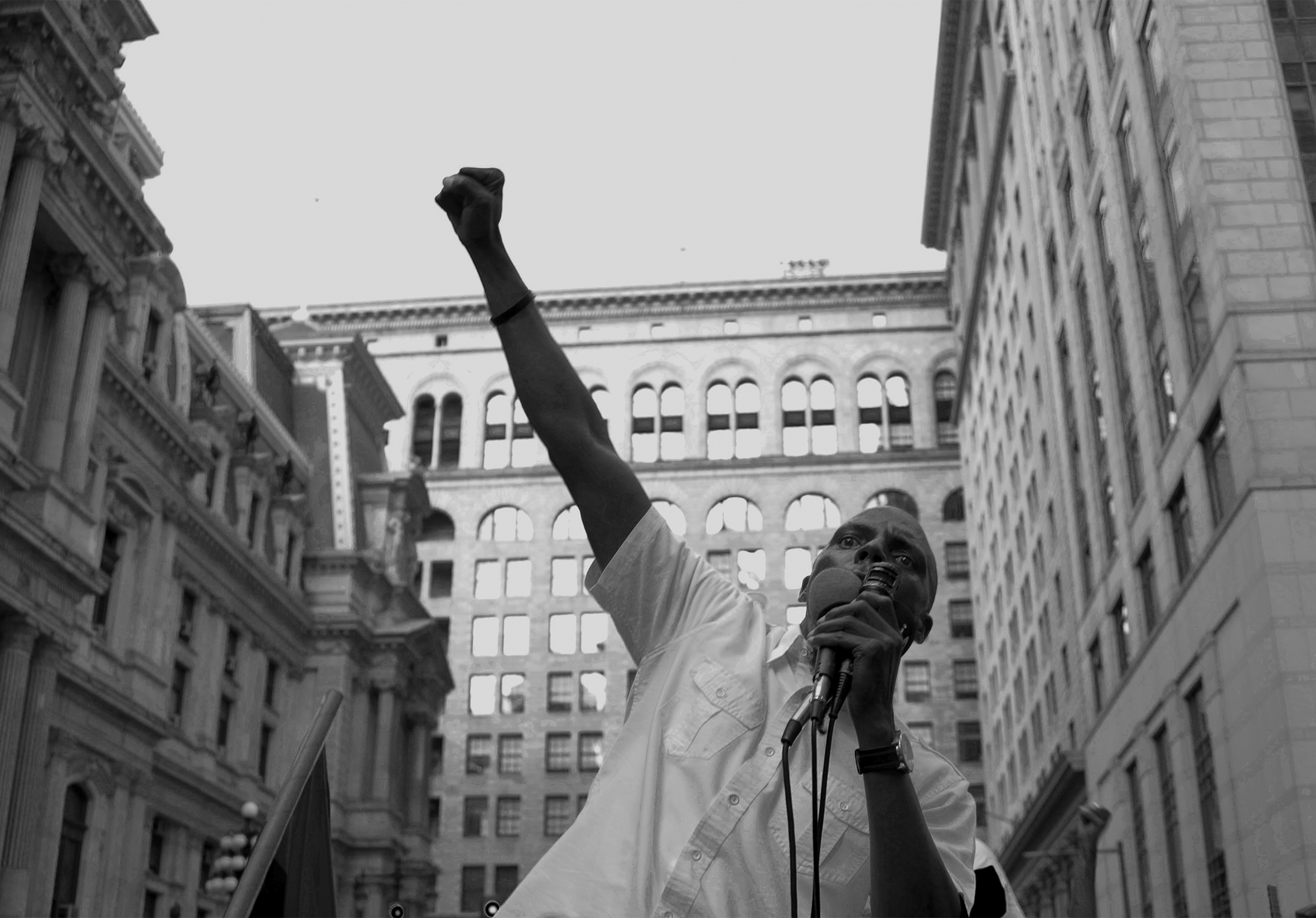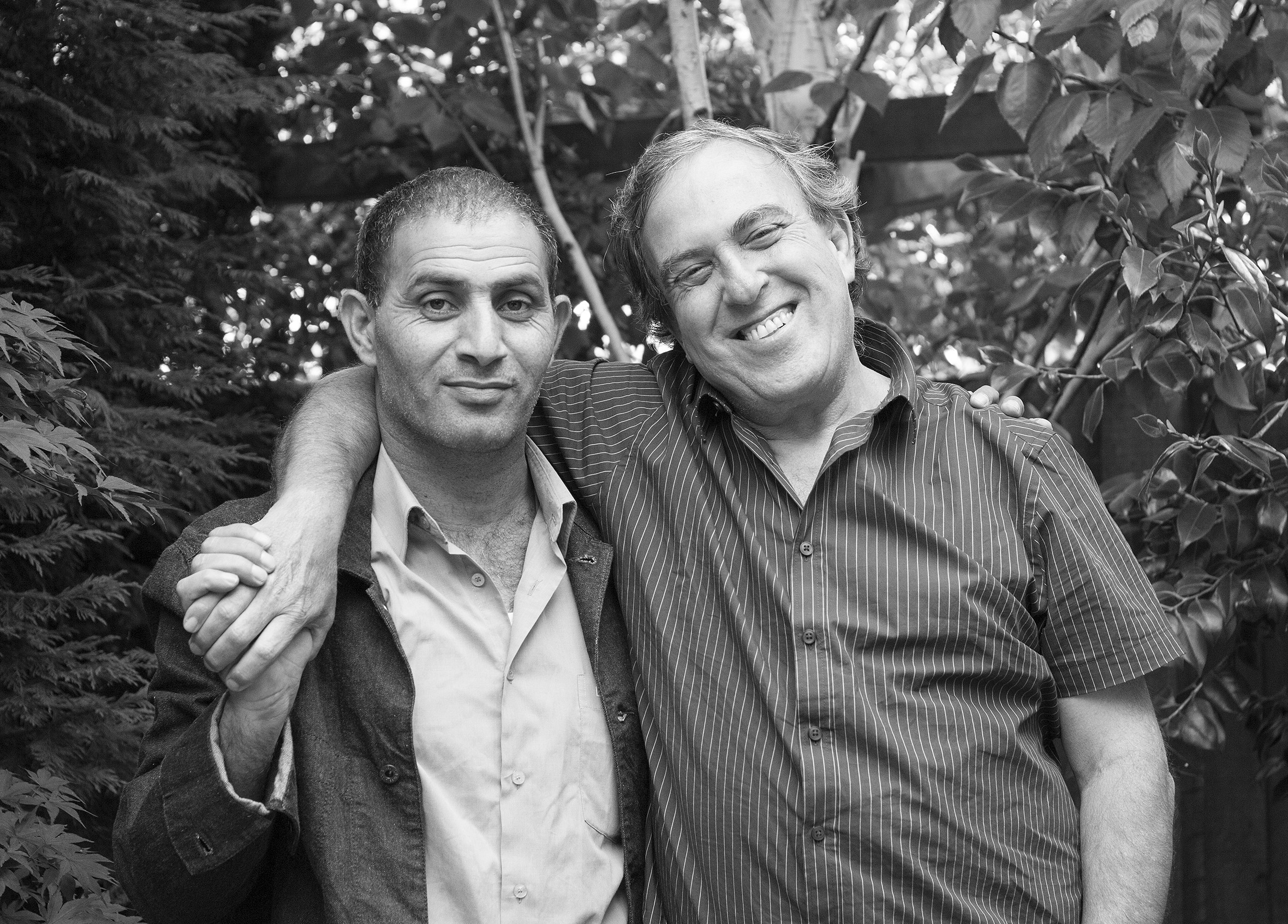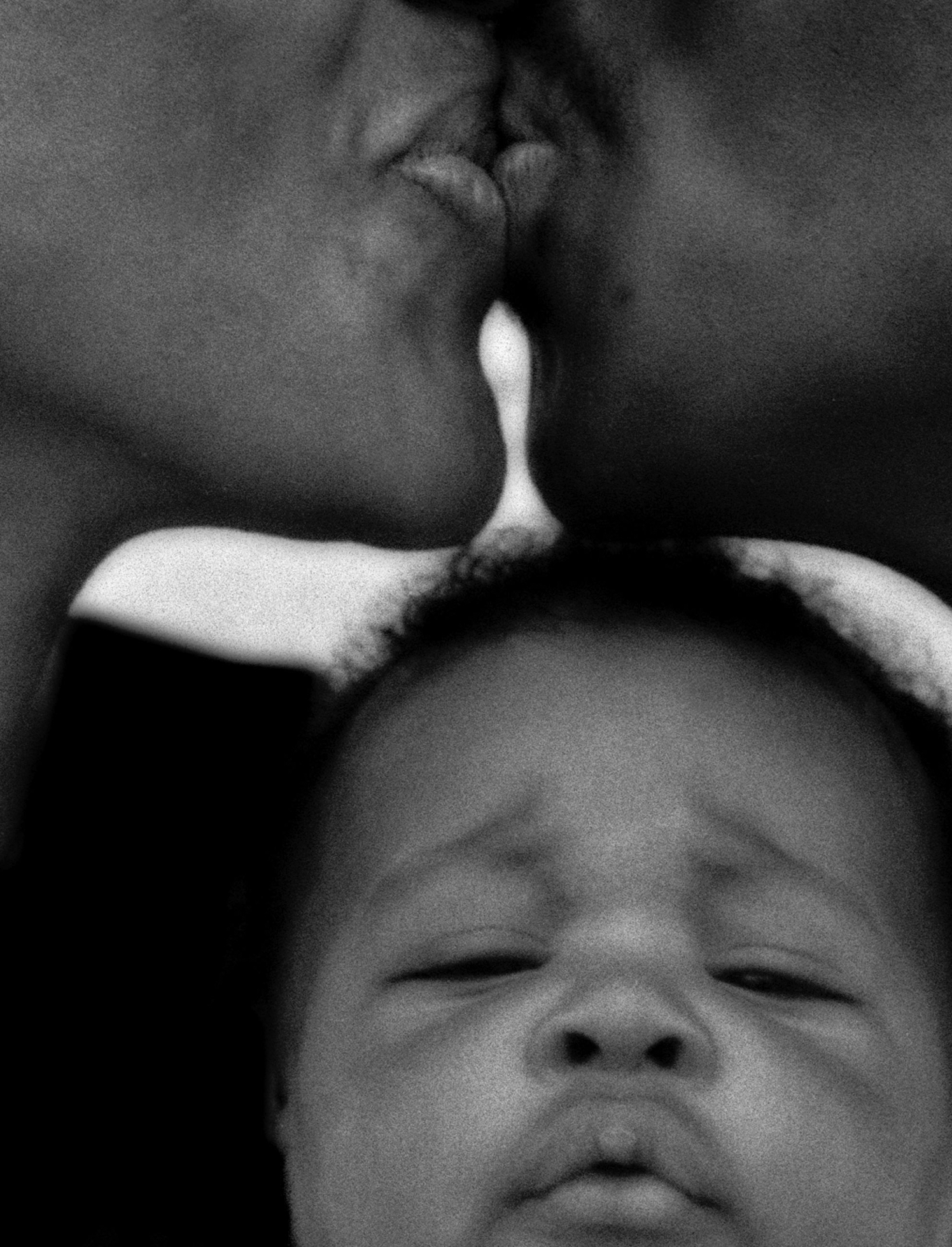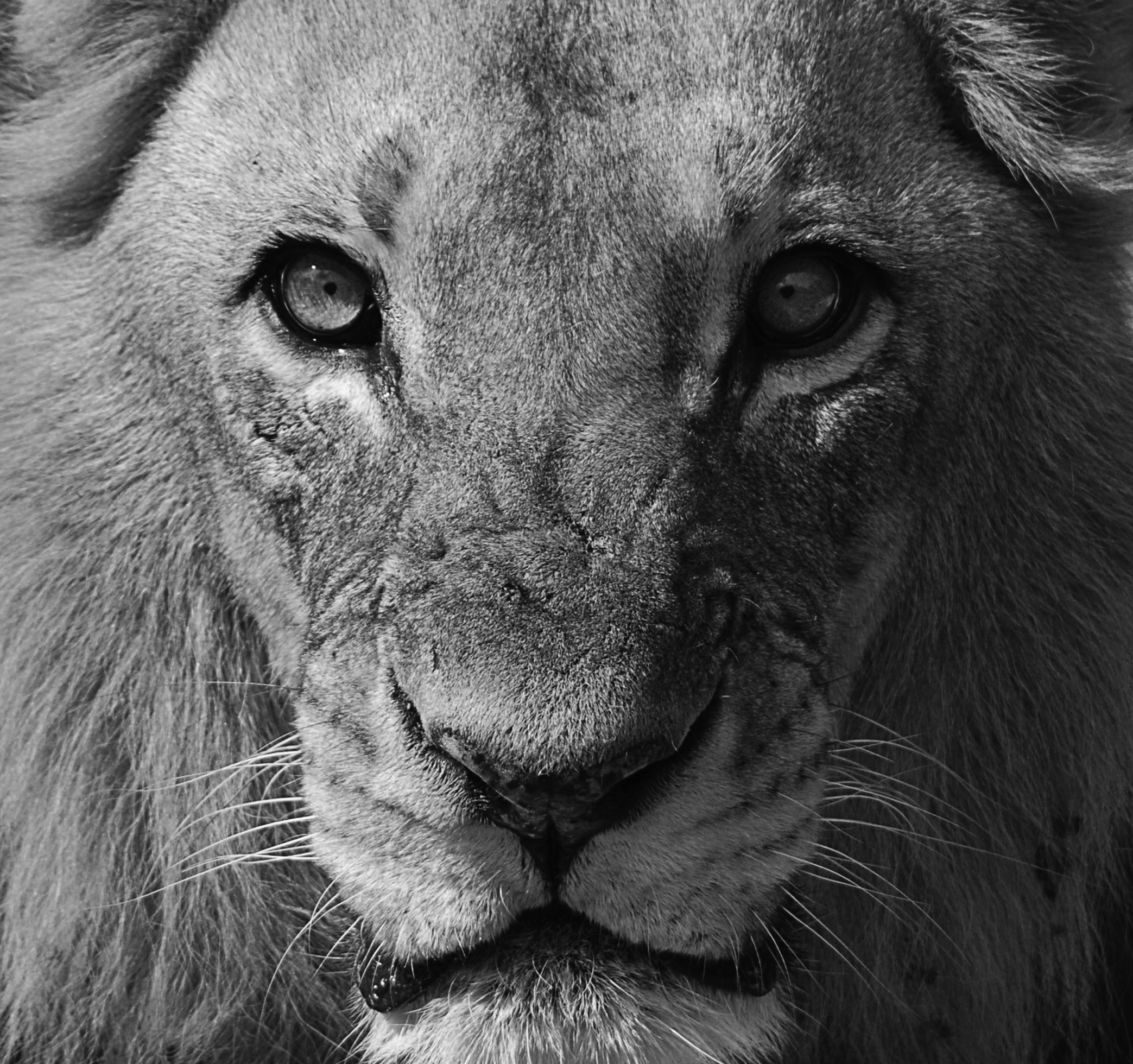Browse Sections
The Sun Interview
A Walk On The Wild Side
Joe Hutto’s Life With Animals
I’m no expert on consciousness, but I’ve observed consciousness in other creatures my entire life. If we describe it as a state of being awake, being aware, then when you look at an animal, you see true wakefulness. Humans have created a sophisticated culture that serves as an insulating bubble, separating and protecting us from the environment, allowing us to relax such that we don’t have to be totally conscious. Most animals have to be at the helm of their ship all the time, or they die. They have multiple opportunities to die every day. Because humans don’t have that tension, our senses have become dull. Probably the only time that a human being experiences an animal level of awareness is in combat, where every second you might be in the crosshairs of a sniper’s rifle.
May 2017An Open Mind
Sera Davidow Questions What We Think We Know About Mental Illness
I’ll tell you what we don’t do: we don’t call the person’s doctor, or dial 911, or drive people to the emergency room. We ask what’s going on for them — not what’s “wrong” with them or if they have been given a diagnosis. If they do mention a diagnosis, we ask what it means to them. If they talk about voices, visions, suicidal thoughts, or injuring themselves, we meet this with calm curiosity. We’ve found that what helps people move through such feelings is being able to talk openly about them. Unfortunately many people don’t talk openly in clinical environments for fear that alarms will be sounded.
April 2017Misdiagnosed And Misunderstood
Steve Silberman On The Mysteries Of Autism
People often ask if I believe autism is overdiagnosed, if we’re just slapping a label on geeky kids who in previous generations would have been considered merely eccentric. I reply that I believe autism is still underdiagnosed in two groups: women and people of color. The cultural and class bias built into the diagnostic process was so pervasive in the 1980s that psychologist Victor Sanua claimed that autism is rare among families of color. The reality was that people of color often didn’t get decent healthcare.
March 2017Weapons In The War For Human Kindness
An Interview With David Budbill
There are many different uses of language. There’s the politician’s use of language, which is too often an outright lie. There’s the diplomat’s use of language, which is carefully worded so as not to anger or offend, yet calculated to achieve the intended goal. The supreme diplomat these days is UN secretary-general Kofi Annan. And then there’s the poet’s use of language. Emily Dickinson said, “Tell all the truth but tell it slant.” I think she meant that the truth, like the sun, is too bright to look at directly. Allegory, for example, is a way of telling the truth but telling it slant. In my own poems, though, most of the time, I try to tell it blunt and straight.
February 2017Every Reason To Stay
Eva Saulitis’s Life With Whales
I have to say, what kept me there was not the science but the place. I wanted to be there in a way that had purpose. I didn’t want to visit or go on long kayak trips. I wanted to spend my life in Prince William Sound. For five years I lived at a field camp for three or four months at a time. The work gave me a purpose for being there: a part to play in protecting the ecosystem.
January 2017It’s Easier Than We Think
Ralph Nader On How We Can Change Society
But it’s not that hard to turn the country around. Most people, whatever they call themselves — conservative, liberal, libertarian, progressive — have a deep sense of fair play and justice. They’re not sadists. They care for other people. We see this during a national disaster. All labels go out the window, and everybody helps rescue people from floods or fires. That’s what we want to tap into. That’s why I say fewer than 1 percent of the people, if they represent a majority opinion, can make a lot of changes. It won’t produce a utopia, but it will certainly produce a better country than we’ve been experiencing.
December 2016The Long Shadow
Bruce Perry On The Lingering Effects Of Childhood Trauma
One of the most important variables, in my experience, is when things happen. If you experience emotionally disengaged caregiving, humiliation, or a sense of being unwanted in the first year or two of life, even if you then escape that environment — maybe you’re adopted, or your parent who was depressed gets better — that early experience can still cause profound social and emotional problems for you all the way into adulthood. On the other hand, kids who have a good first year of consistent, predictable caregiving and then end up in shelters or foster homes and bounce around the system, maybe get sexually and physically abused, and so on — those children often function reasonably well as adolescents.
November 2016An Unlikely Friendship
An Israeli And A Palestinian Make The Case For Peace
Do not give up hope. Despite the Holocaust there is now a German ambassador in Israel, and an Israeli ambassador in Berlin. Fortunately the Palestinians didn’t kill 6 million Israelis, and the Israelis didn’t kill 6 million Palestinians. There is hope that we can reconcile, too.
October 2016To Have And To Hold
Stephanie Coontz On The Past, Present, And Future Of Marriage
One quality that helps a marriage work is when partners respect each other and are each grateful for what the other brings to the relationship. Relationships run on an economy of gratitude. And if your partner needs to change his or her behavior, it’s important to ask for that change without attributing bad motives to the behavior. When you do argue, or when your partner gets angry, look for the soft emotion under the hard one and talk to that. A belief in the goodwill of the other person is critical.
September 2016Signs Of Intelligent Life
Carl Safina’s Evidence That Other Animals Think And Feel
And each year we kill for food billions of animals we raise as prisoners and whose lives are often more terrible than their deaths. Even if we do continue eating animals, we could do much better by them and raise them more humanely. The way people treat animals affects the way they treat people: if you brutalize animals, you are probably hardhearted toward humans, too.
August 2016Request a free trial, and we’ll mail you a print copy of this month’s issue. Plus you’ll get full online access — including 50 years of archives. Request A Free Issue
